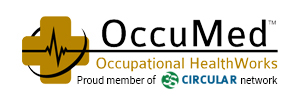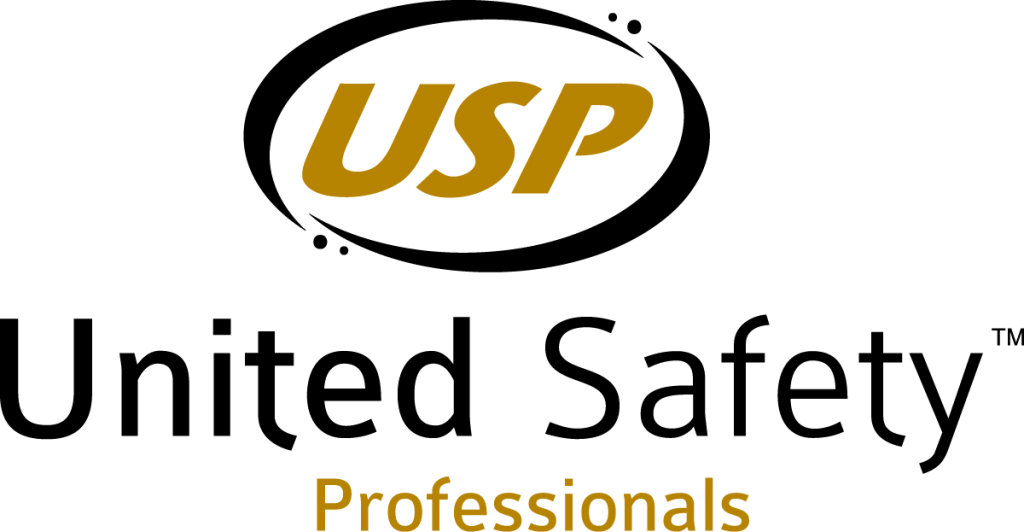While social distancing and mask wearing are critical to containing the spread of COVID-19, hand hygiene is a component not to be overlooked. Though the CDC has stated the exact contribution of hand hygiene to the reduction of direct and indirect spread of coronaviruses between people is currently unknown, hand washing is still highly recommended as a way to assist in removing pathogens. They further recommend using ABHR with 60-95% alcohol in healthcare settings. Unless hands are visibly soiled, an alcohol-based hand rub is preferred over soap and water in most clinical situations. Hands should be washed with soap and water for at least 20 seconds when visibly soiled, before eating, and after using the restroom.
Hand Sanitizers with Methanol Can Be Toxic
According to the FDA, the agency has seen an increase in hand sanitizer products that are labeled to contain ethanol (also known as ethyl alcohol) but that have tested positive for methanol contamination. Methanol, or wood alcohol, is a substance that can be toxic when absorbed through the skin or ingested and can be life-threatening when ingested. Methanol is not an acceptable ingredient for hand sanitizers and must not be used due to its toxic effects. Consumers who have been exposed to hand sanitizer containing methanol and are experiencing symptoms should seek immediate treatment for potential reversal of toxic effects of methanol poisoning.
Substantial methanol exposure can result in
- nausea,
- vomiting,
- headache,
- blurred vision,
- permanent blindness,
- seizures,
- coma,
- permanent damage to the nervous system
- death
FDA also urges consumers not to drink any of these products and to avoid and sanitizers that are sold or offered for sale with false and misleading, unproven claims that they can prevent the spread of viruses such as COVID-19, including claims that they can provide prolonged protection.
FDA urges consumers to not use certain hand sanitizer products
When considering which hand sanitizer to use, the FDA provides a chart outlining the information on hand sanitizer labels for consumers to use to identify a product that:
- Is FDA tested and found to contain methanol and is labeled to contain methanol. Products labeled as “FDA-approved” are fraudulent as there are no hand sanitizers approved by FDA.
- Has been tested and is found to have microbial contamination.
- Is being recalled by the manufacturer or distributor.
- Is subpotent, meaning it has less than the required amount of ethyl alcohol, isopropyl alcohol or benzalkonium chloride.
- Is purportedly made at the same facility as products that have been tested by FDA and found to contain methanol.
FDA advises consumers not to use hand sanitizers from these companies, or products with these names or NDC numbers. View the list here.
Q&A for Consumers: Hand Sanitizers and COVID-19
The FDA and CDC provide answers to commonly asked questions regarding hand sanitizers. View the list of questions and answers.
Questions and answers include:
- Is hand sanitizer effective against COVID-19?
- Should I be using antibacterial soap to wash my hands?
- Where can I buy hand sanitizer? If I can’t find it in the store, can I make my own?
- Is the FDA taking measures to increase the supply of hand sanitizers?
- What do I do if I get a rash or other reaction to hand sanitizer?
- Many surface cleaners and disinfectants say they can be used against SARS-CoV-2. What does this mean? Can I use these products on my hands or body to prevent or treat the virus?
- Any many more …
We’re here to help
In these challenging times, the risk of exposure on your school or business campus is more prevalent than ever. We offer the below Safety Service Options:
COVID-19 CONSULTING BUNDLE – Written directive/policy on requirements which can be either a corporate policy or a site-specific policy.
COVID-19 TRAINING (INFECTION CONTROL WEBINAR) – We offer Open Enrollment Classes and Private Company Sponsored Classes made available at your convenience.
COVID-19 TESTING – We now offer COVID-19 Testing Services For Colleges, Universities, Private Companies, And Public Agencies.
If you have concerns about your workforce and coronavirus, please contact us today to learn about steps you can take to protect yourself, your family, and your employees.


